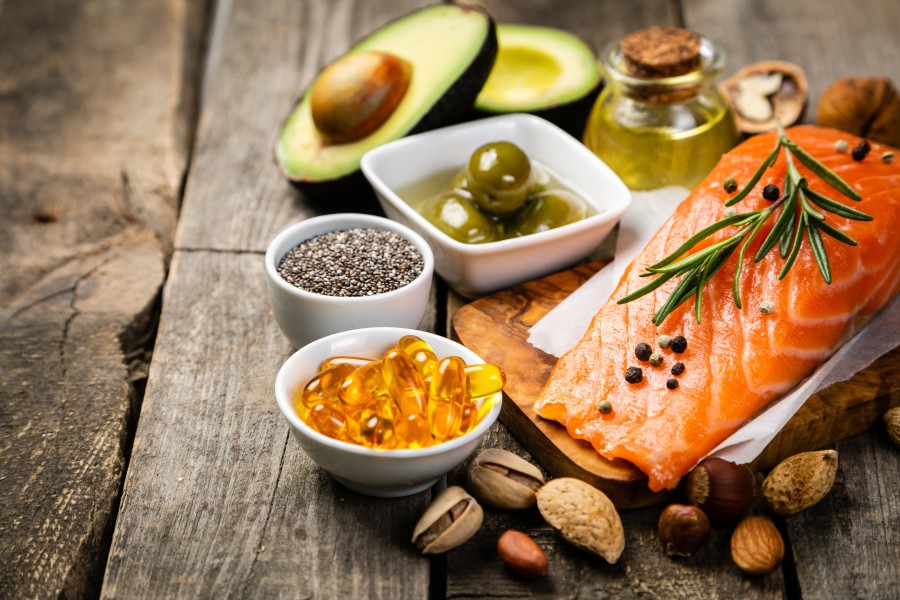
- Industry news
Industry news
- Category news
Category news
- Reports
- Key trends
- Multimedia
- Journal
- Events
- Suppliers
- Home
- Industry news
Industry news
- Category news
Category news
- Reports
- Key trends
- Multimedia
- Events
- Suppliers
Cargill APAC IngredienTracker 2025: Consumers favor functional and natural ingredients
Key takeaways
- Asian consumers show strong demand for natural, familiar, and plant-based ingredients that offer functional health benefits.
- Interest in reduced-sugar and functional sweeteners is surging, driving a decline in traditional sugars.
- Fats and oils with health benefits like supporting immunity, bone, and cardiovascular health are preferred.

A new study from Cargill reveals that consumers in Asia are more ingredient-savvy than ever before, with over 70% checking labels before making a purchase. The research also highlights an increasing interest in ingredients that offer functional benefits, such as oils that support cardiovascular health, bone health, and immunity.
Cargill APAC IngredienTracker 2025 assessed consumer attitudes toward 91 ingredients across four groups: Chocolate & Cocoa, Sweeteners, Texturizers, and Fats & Oils.
The study, which assessed 2,000 respondents in China, Indonesia, Australia, and Japan, examined consumer perceptions of these ingredients in categories such as Dairy, Ready Meals, Packaged Beverages, Salty Snacks, Bakery, Chocolate Confectionery, and Infant formula.
Cargill’s ingredient insights
Across categories, consumers are seeking healthier and more familiar ingredients in their food, as concerns related to the immune system have increased by 101% between 2017 and 2024. Ingredients that sound “natural” or are plant-based are perceived as “good for you,” while unfamiliar or scientific-sounding ingredients are often seen as “bad for you.”
More than 58% of consumers are willing to pay 10% more for premium ingredients, such as dark chocolate, higher-quality, more sustainable ingredients, and foods fortified with nutrients. Purchase decisions and health perceptions are closely linked, and more than half of the consumers like to share their knowledge of ingredients with friends or online.
Cargill’s research also highlights a strong preference for natural, lower-sugar, and functional qualities in sweeteners, which are often associated with Beverage categories.
There is a strong consumer preference for products with reduced sugar content and those that make functional claims, such as immune support and slimming effects. Sugar-free and low-sugar claims are rising in product launches across Asian markets, especially in beverages.
Traditional sugars are declining, while the number of drink launches across APAC containing additive sweeteners has increased from 18% to 29%.
Consumers are more inclined to purchase “natural”-sounding ingredients, including brown sugar, monk fruit, and cane sugar, versus sweeteners with artificial or scientific names.
 Consumers are showing an interest in oils that support cardiovascular health, bone health, and immunity.
Consumers are showing an interest in oils that support cardiovascular health, bone health, and immunity.
Fats and oils findings
In line with the trend toward functional ingredients, consumers are showing an interest in oils that support cardiovascular health, bone health, and immunity. There is also a trend toward locally produced fats.
Vitamin E, as well as fats and oils from natural sources like sunflower, canola, and coconut, are performing well.
“Consumer choices today are increasingly shaped not just by taste, but by how ingredients are perceived across categories. Understanding ingredient perceptions across markets is crucial for food manufacturers to better optimize product formulations. This means prioritizing ingredients that Asian consumers demand and labeling to help them choose ingredients and health benefits they desire,” says Yuchu Zhang, VP R&D Cargill Food APAC.
“This study helps to understand and reveal what the future of ingredients holds and aims to support our customers in their product innovation and strategic decision-making. Responding to the consumer preferences uncovered in this study, we have already launched some innovative offerings for customers in the region.”
Cargill’s recent innovations targeting the Asian market include High Cocoa Content Aerated Chocolate and Cocoa Almond Milk made from Aalst dark chocolate and Gerkens cocoa powder.
A zero-calorie vanilla latte made from Cargill’s zero-calorie vanilla-flavored syrup is suitable for milk coffee and milk tea.
Meanwhile, nearly 75% of EU consumers say that sustainability influences their chocolate choices. But with cocoa becoming scarcer and more expensive, price remains a major barrier for consumers to buy more sustainable products. Cargill explored its no-cocoa confectionery alternative to chocolate in a recent webinar with Food Ingredients First.











